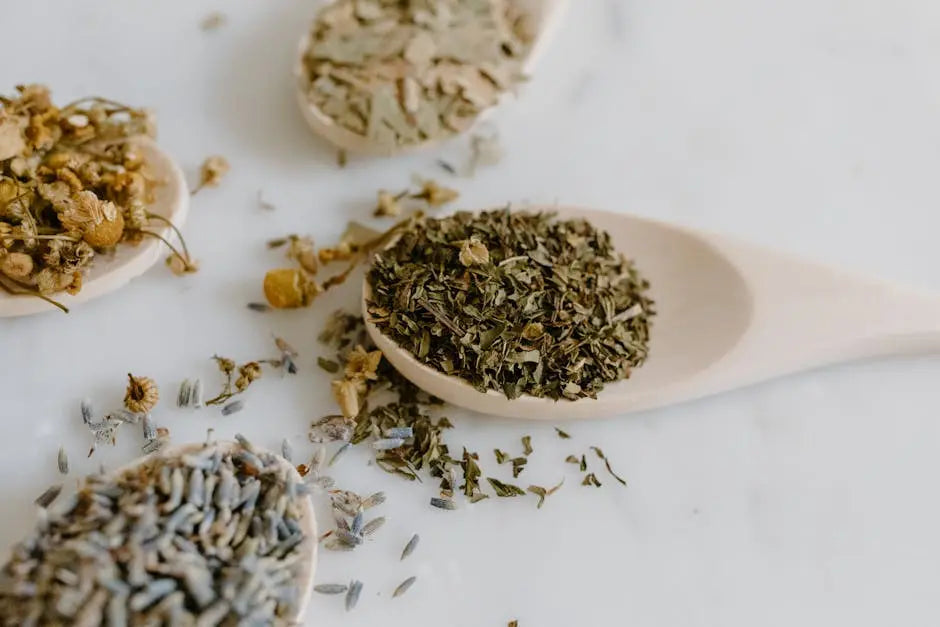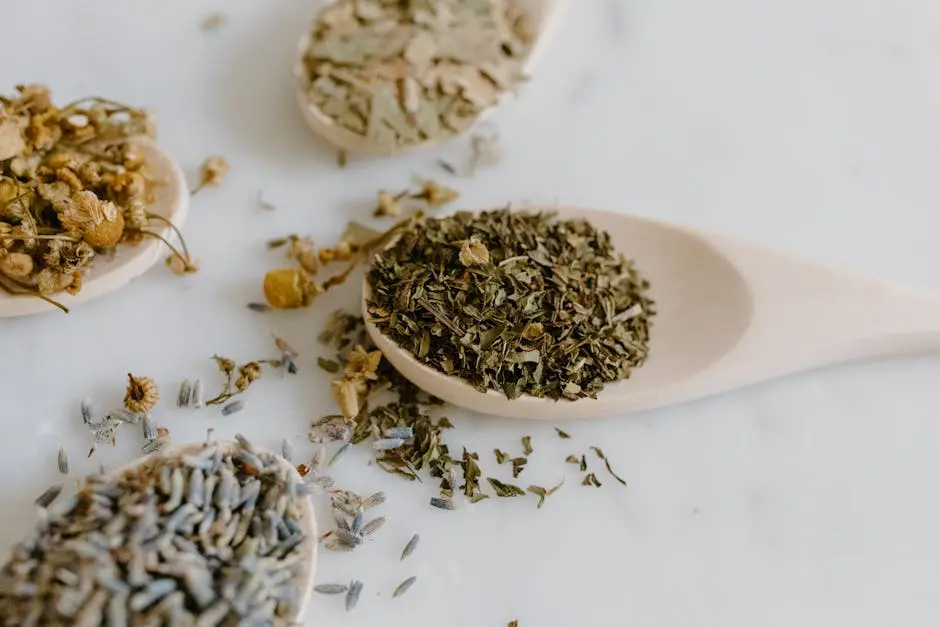
Natural Remedies Unveiled: The Power of Plant Extracts
Share
In recent years, there’s been a notable shift towards natural remedies, with plant extracts becoming increasingly popular for their accessible and holistic healing properties. This blog aims to unveil the wonders of plant extracts, providing insight into their potential benefits and applications.
Understanding Plant Extracts: An Overview
Plant extracts have been used for centuries in traditional medicine. These potent substances are derived from a variety of plants, and each extract carries unique properties that can enhance well-being. By extracting the most beneficial components of plants, these natural resources offer a concentrated form of therapeutic benefits.
The extraction process is fundamental in ensuring the potency and effectiveness of these extracts. Typically, methods such as distillation, cold pressing, or solvent extraction are used to obtain the vital compounds from plants. Each method has its advantages, influencing the actual contents of the extract. For instance, distillation is commonly used to produce essential oils, capturing the aromatic and beneficial components of the plant. This meticulous process ensures that the resulting extract is rich in phytochemicals, which are responsible for the health-promoting properties observed in various studies.
The Science Behind Plant Extracts
Research into the benefits of plant extracts is revealing more about their mechanisms and effectiveness. From the antioxidant properties of green tea extract to the anti-inflammatory effects of turmeric, scientific studies are providing validation for what many cultures have known for generations.
A closer look at the chemical composition of plant extracts reveals how these natural products interact with the human body. Antioxidants such as polyphenols found in green tea extracts work by neutralizing free radicals, thereby reducing oxidative stress and potentially lowering the risk of chronic illnesses. Meanwhile, the curcuminoids present in turmeric are recognized for their ability to modulate inflammatory pathways, which can be beneficial in conditions such as arthritis. These findings highlight the importance of incorporating scientific insights into our understanding of plant extracts.
Modern advancements have also led to the synthesis of high-precision analytical techniques like chromatography and mass spectrometry, which allow researchers to identify and quantify the bioactive compounds present in plant extracts. These tools not only elucidate the mechanisms of action but also ensure the quality and safety of extracts available to consumers. As a result, there’s increased confidence among both practitioners and users regarding the consistent efficacy of plant-based remedies.
Popular Plant Extracts and Their Benefits
Some of the most popular plant extracts include echinacea, known for boosting the immune system; lavender, recognized for its calming effects; and ginger, praised for its digestive support. Each extract brings a distinct set of benefits, making them versatile tools in natural medicine.
Echinacea, often referred to as a herbal powerhouse, has been traditionally used to fend off colds and infections. Its immune-boosting properties are attributed to the polysaccharides and alkamides components, which stimulate white blood cells. Similarly, lavender offers more than just soothing aroma therapy; its essential oil is renowned for reducing anxiety and promoting better sleep. A few drops in a diffuser or bath can significantly enhance relaxation and sleep quality, contributing to improved overall mental health. Ginger, with its active compounds like gingerol, is often recommended for its anti-nausea and anti-inflammatory effects, making it a staple in digestive wellness.
In recent years, there has been a resurgence of interest in adaptogens, a class of compounds known for helping the body resist stressors of various kinds, whether physical, chemical, or biological. Adaptogenic herbs like ashwagandha and Rhodiola are becoming increasingly utilized in stress management programs. These extracts work by normalizing bodily processes and enhancing the resilience and vitality of the body’s systems. Such versatility makes plant extracts a compelling choice for those looking to supplement their health regimes naturally.
How to Incorporate Plant Extracts Into Your Daily Routine
Incorporating plant extracts into your daily routine can be easy and beneficial. From adding a few drops of essential oils to your bath to taking herbal supplements, there are many ways to enjoy the therapeutic advantages of these natural extracts in everyday life.
For those new to natural remedies, starting with essential oils can be an effortless way to begin integrating plant extracts into daily life. These oils, which can be used for both aromatic and topical applications, offer an array of benefits depending on their composition. For instance, using peppermint oil can invigorate the senses and aid in alleviating headaches, while chamomile oil has a calming effect when used during meditation or as a part of a nightly wind-down routine. By experimenting with blends and applications, users can discover personalized uses that align with their wellness goals.
Herbal teas are another simple way to benefit from plant extracts. Many herbs such as mint, chamomile, and hibiscus create delicious brews that offer gentle therapeutic effects. Drinking herbal tea can be a soothing ritual that not only promotes relaxation but also provides specific benefits linked to each herb, such as enhancing digestion with peppermint or getting improved restful sleep with chamomile. By integrating these extracts, either alone or combined, users can address specific health needs naturally.
Precautions and Considerations When Using Plant Extracts
While plant extracts are natural, it’s important to use them safely. Always follow recommended guidelines to avoid adverse effects. Consulting with a healthcare professional, particularly if you are pregnant, nursing, or taking other medications, is crucial to ensure that the use of plant extracts is safe and effective for your needs.
One aspect that cannot be overlooked is the possibility of allergic reactions or interactions with medications. For example, St. John’s Wort, which is used for mild depression, can interact with various medications, reducing their efficacy or leading to unwanted effects. Reading up on potential herb-drug interactions and being mindful of personal allergies are vital steps before trying new extracts.
Moreover, it’s essential to source these extracts from reputable suppliers to ensure purity and potency. Checking certifications and seeking products with transparent ingredient lists are good practices for any consumer venturing into the realm of natural health products. While these precautions might seem tedious, they are necessary in optimizing the safety and effectiveness of plant extracts in one’s health routine.
Embracing the Herbal Path to Health
With a rich history and promising future, plant extracts offer a natural and effective approach to health and wellness. As our understanding continues to evolve, these natural remedies may play an even more significant role in our lives, providing holistic solutions for both body and mind. For more information and a variety of natural products, visit our business homepage.
